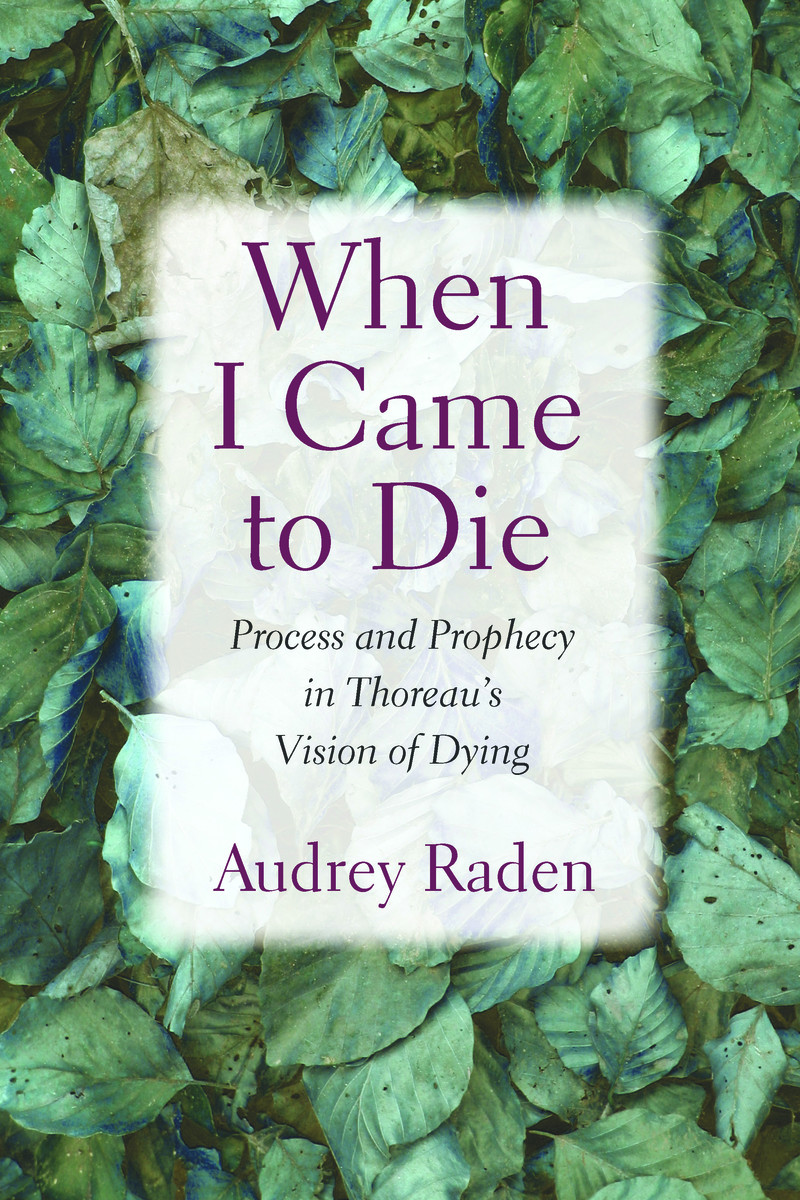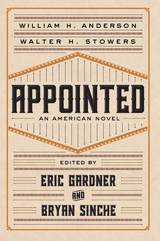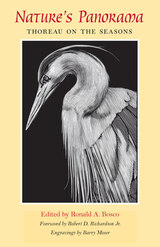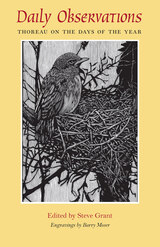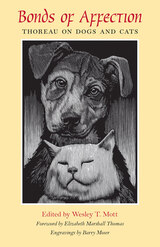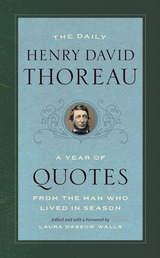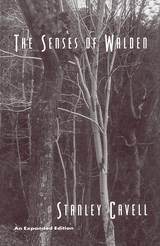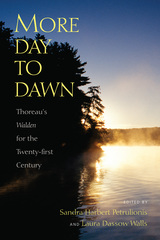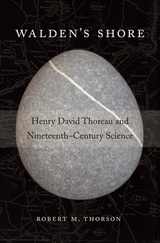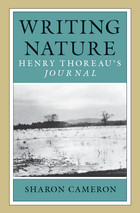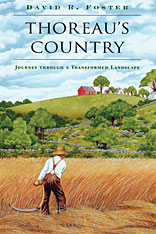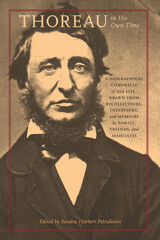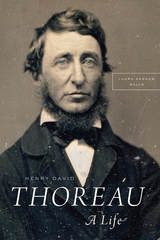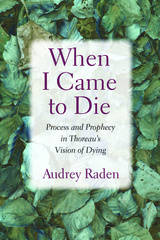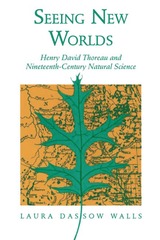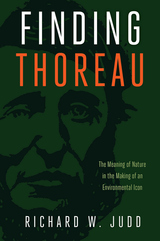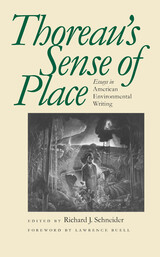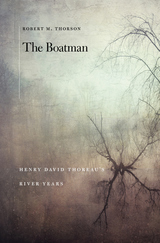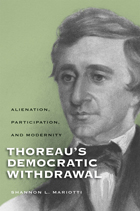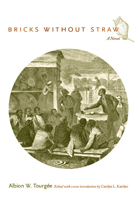When I Came to Die: Process and Prophecy in Thoreau's Vision of Dying
University of Massachusetts Press, 2016
Cloth: 978-1-62534-239-3 | eISBN: 978-1-61376-476-3 | Paper: 978-1-62534-240-9
Library of Congress Classification PS3054.R34 2017
Dewey Decimal Classification 818.309
Cloth: 978-1-62534-239-3 | eISBN: 978-1-61376-476-3 | Paper: 978-1-62534-240-9
Library of Congress Classification PS3054.R34 2017
Dewey Decimal Classification 818.309
ABOUT THIS BOOK | AUTHOR BIOGRAPHY | REVIEWS
ABOUT THIS BOOK
Scholars have long considered the elegiac characteristics of Thoreau's work. Yet few have explored how his personal views on death and dying influenced his philosophies and writings. In beautiful prose, Audrey Raden places Thoreau's views of death and dying at the center of his work, contending that it is crucial to consider the specific historical and regional contexts in which he lived—nineteenth-century New England—to fully appreciate his perspectives. To understand death and dying, Thoreau drew on Christian and Eastern traditions, antebellum Northern culture, Transcendentalism, and his personal relationship with nature. He then suffused his writings with these understandings, through what Raden identifies as three key approaches—the sentimental, the heroic, and the mystical.
When I Came to Die suggests that throughout his writings, Thoreau communicated that knowing how to die properly is an art and a lifelong study, a perspective that informed his ideas about politics, nature, and individualism. With this insight, Raden opens a dialogue that will engage both Thoreauvians and those interested in American literature and thought.
When I Came to Die suggests that throughout his writings, Thoreau communicated that knowing how to die properly is an art and a lifelong study, a perspective that informed his ideas about politics, nature, and individualism. With this insight, Raden opens a dialogue that will engage both Thoreauvians and those interested in American literature and thought.
See other books on: 1817-1862 | Death in literature | Process | Prophecy | When
See other titles from University of Massachusetts Press
